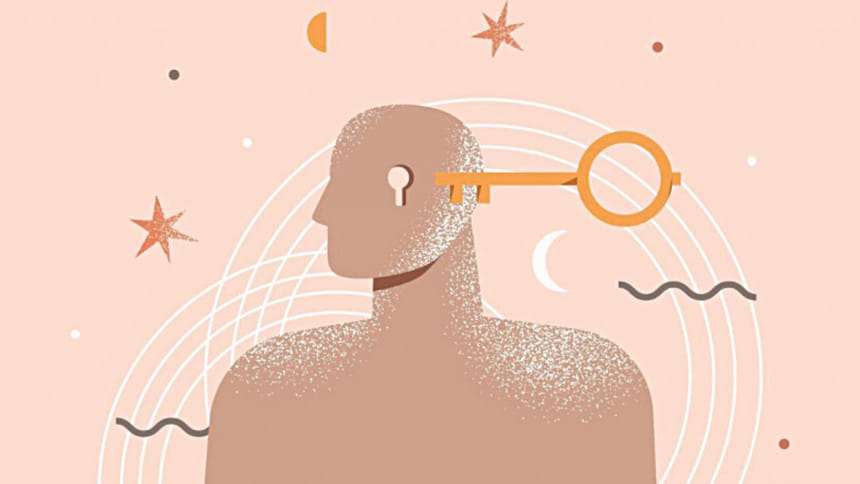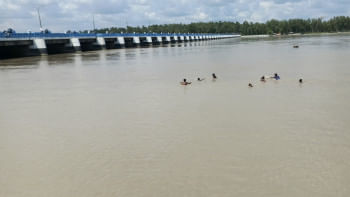New insights into treating adult

ADHD
Attention deficit hyperactivity disorder (ADHD) is not just a childhood condition—it affects millions of adults too. While the focus has often been on children, the increasing number of adults being diagnosed with ADHD has sparked interest in whether treatments that work for kids can also help grown-ups. A new large-scale study has provided some answers, confirming that certain medications are highly effective in the short term but raising questions about the usefulness of non-medication therapies.
Published in The Lancet Psychiatry, this study analysed data from over 100 previous studies, involving about 15,000 people. The researchers aimed to assess various treatments, including medications, psychological therapy, and newer approaches like neurostimulation and neurofeedback. The key takeaway? Stimulant medications and a non-stimulant option proved to be the most effective treatments for reducing core ADHD symptoms like inattention, restlessness, and difficulty completing tasks—at least for the first 12 weeks.
Interestingly, non-drug treatments like cognitive behavioural therapy, mindfulness, and transcranial direct current stimulation (tDCS) showed mixed results. Patients did not report significant improvement compared to a placebo, although doctors noticed symptom improvements. This highlights the need for further research to explore the true benefits of these treatments.
Another finding was that while ADHD medications were effective at managing symptoms, they did not have a significant impact on broader aspects of life, like quality of life. This suggests that while medications can help manage symptoms, a more holistic approach is needed to address the overall well-being of adults with ADHD.
In conclusion, while medications are the most effective short-term treatments, more research is needed to fully understand the long-term impact of these treatments and the potential of non-medication therapies for adults with ADHD.

 For all latest news, follow The Daily Star's Google News channel.
For all latest news, follow The Daily Star's Google News channel. 



Comments